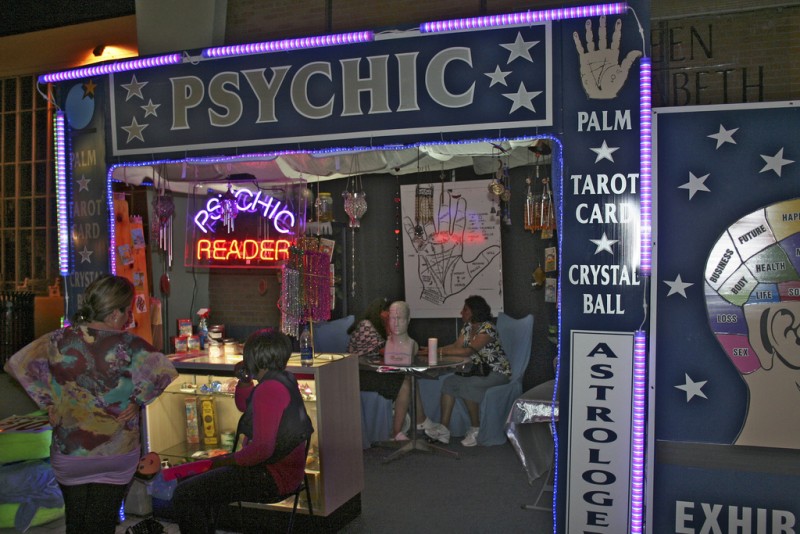 As a Witch of common upbringing, I often use common terms or names for such things as herbs and divination arts. But, Is it better to use the Academic name, term or vocabulary when discussing such things in a learning forum? I personally don’t feel that knowing the Academic Vocabulary necessarily makes you better at reading cards or making Herbal potions or even a better or more powerful Witch.
As a Witch of common upbringing, I often use common terms or names for such things as herbs and divination arts. But, Is it better to use the Academic name, term or vocabulary when discussing such things in a learning forum? I personally don’t feel that knowing the Academic Vocabulary necessarily makes you better at reading cards or making Herbal potions or even a better or more powerful Witch.
I believe that there have been many powerful witches who were not Proficient in terms other than the common ones often used by regular people. However, what do you think? Do they seem too ordinary and plain if they don’t know the Academic versions?
What it does, however, is it makes you sound more educated and knowledgeable in a particular area of study. For some, this may be important that you know the Academic Vocabulary. It makes you seem more believable and intelligent if you use words or terms that the common person doesn’t find familiar.
So, If you are charging a fortune for your fortune telling then it would be a good idea to know that Card Reading is Cartomancy or that Fire Gazing is Pyromancy and the art of reading tea leaves is called Tasseography and so on. As far as doing a Tarot Reading for a small fee or for no charge at all, who cares if you know the academic term, the real question is “Are you skilled at it?”.
Do I know all the Academic terms in Witchcraft? Probably not. I don’t likely know the Academic terms for them all and I generally only use the common terms that are most common or familiar. I find that using terms that the majority understand is a better business in communication and for attracting a broader range of clients than using terminology that is unfamiliar to most people.
For example, if you do your fortune telling through Visions, you can say you are a Clairvoyant or you can use a term that is most likely to be understood such as Psychic. Psychic is a broad common term whereas Clairvoyant is a more narrowed term specific to psychic readings through visions.
I feel it is important to know your trade. No, I don’t believe that knowing all the Academic Vocabulary such as the latin name for every herb makes you a better potion maker. If you are proficiently skilled at identifying the herbs you use and their properties and effects such as which ones are deadly and which ones you can safely use, ingest or burn, then you may have a skill. Knowing the difference between Salvia (Salvia divinorum) and White Sage (Salvia apiana) is important when making oils for use on your skin or for incense to burn. If you know how to make oils and incense and know the difference between a tincture and a concoction but can’t spout off with all the latin names for the herbs and only know them by their common names, I say no worries. I’m sure Witches from centuries ago didn’t know the latin names (unless they were latin of course) and they made some pretty powerful potions.
So, should we know the academic vocabulary of Witchcraft? Not to simply be a skilled witch, but if you want to sound smart or like you know what you are talking about, it doesn’t hurt to know the academic vocabulary in my humble opinion.
Looking at it from the other point of view, If you are going to buy a service of any kind, it is important that you know some of the basics of what to expect to gain for your money. You don’t have to be proficient at it, but it is important to know what you are getting and if it is worth your cash. Your fortune can cost a fortune so make sure you are getting your money’s worth.
Think and consider these two parts of human language when it comes to communication and why it would be important for you to know both the common and Academic vocabulary. Ask the question, “Is it important to me that I know the academic vocabulary for what I am proficiently and skillfully doing every day?”. Who would care if you knew it or not?
Many Blessings to you on your Journey,


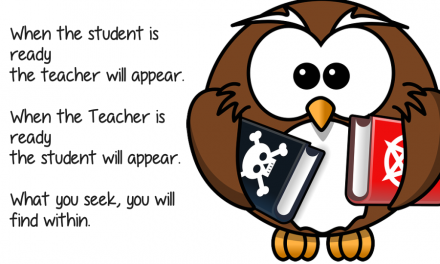
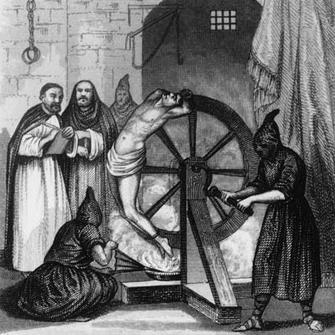
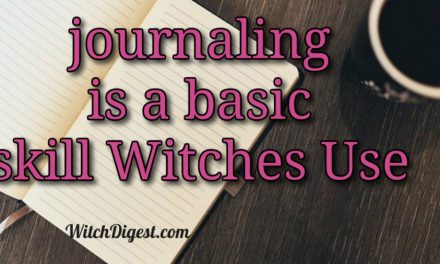

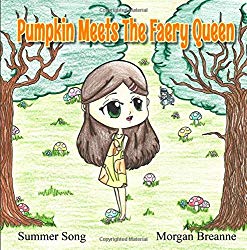
Hi Summer, Good question but for me, its a no brainer. First, I think we should be able to speak with ppl on many levels. My husband and I have this convo often.
I tend to try to use language the person I’m talking to Can understand relate to and learn from. I don’t think we want to be looked upon as “a know it all” or “a snob” what good would that do? Feed our ego, maybe…
On the otherhand we don’t want to pretend to know more than we do by just mimicking what we hear and being good enuff to use it in the right context. In that way we stunt our growth,,,why would we have simple questions we “supposedly” know so much about? It could come off as phony….Idk, as for myself, if I don’t know a lot about a subject I’m not afraid to say so but if I do know about a topic I may say a few wotds and wait to see i’d there’s any interest before i start to drone on. Lol…
I am a basic kitchen witch,tools are thingys & whatcha callits,especially if it’s one of those had to help my son with his college sociology work,my high-schoolers r.o.t.c officets meeting, grocery, dinner,lol the normal day,but I’ve got great visualization skills and my tools know what they are,when speaking to a group I seem to find the words to makes me feel proud of myself to see the looks on peoples faces when I start talking and wow them,because they expect a back woods hick =uneducated lol shame on them
I am always looking increase my knowledge and experience in my craft thank you